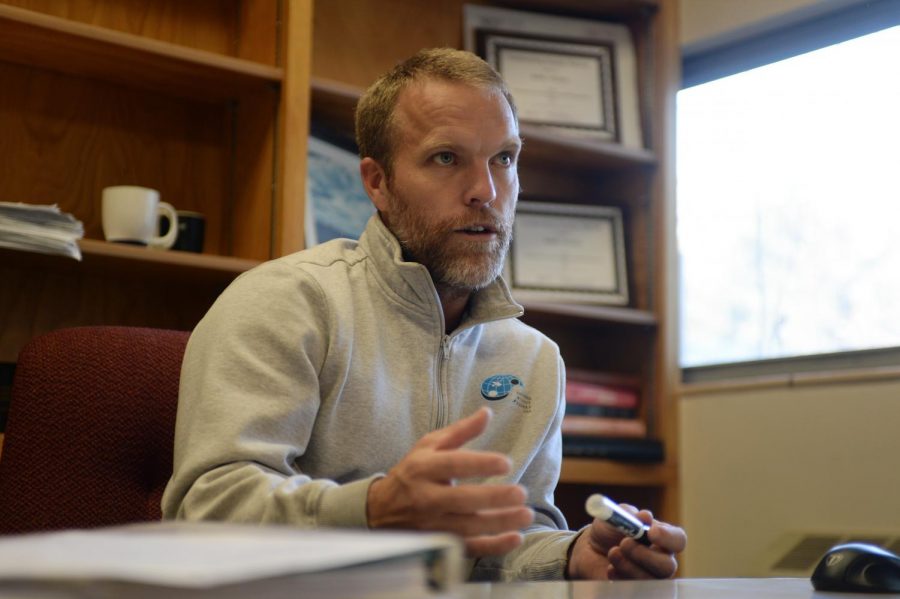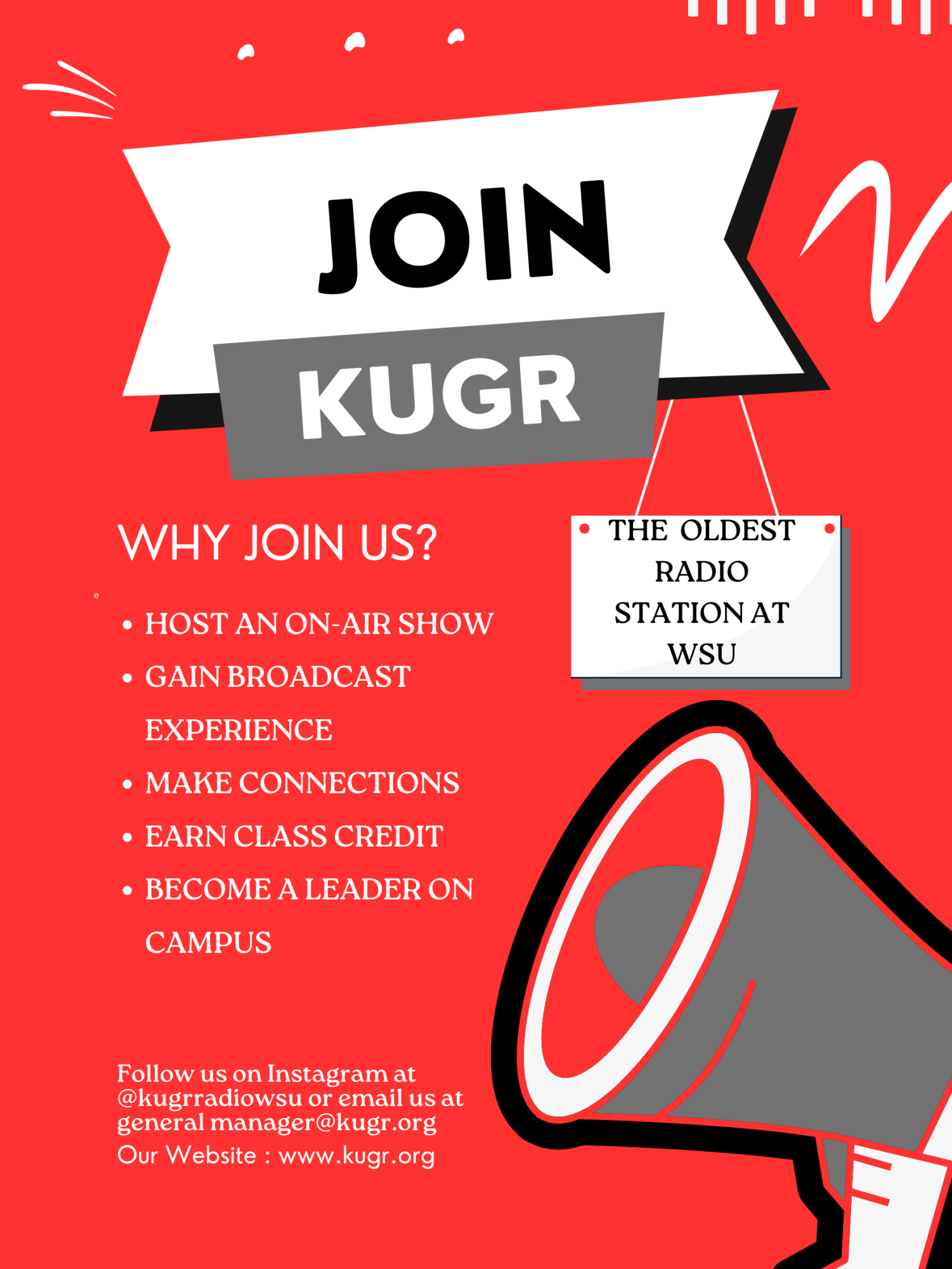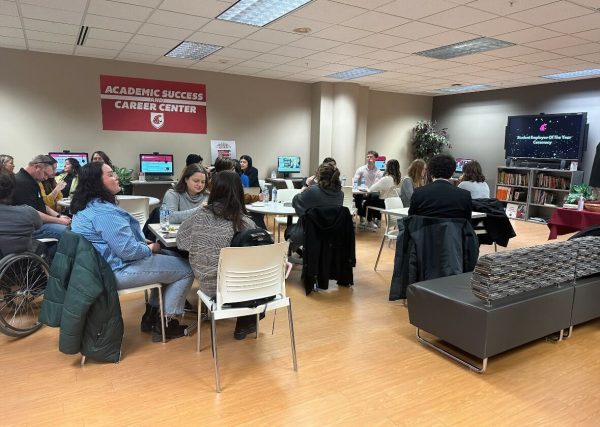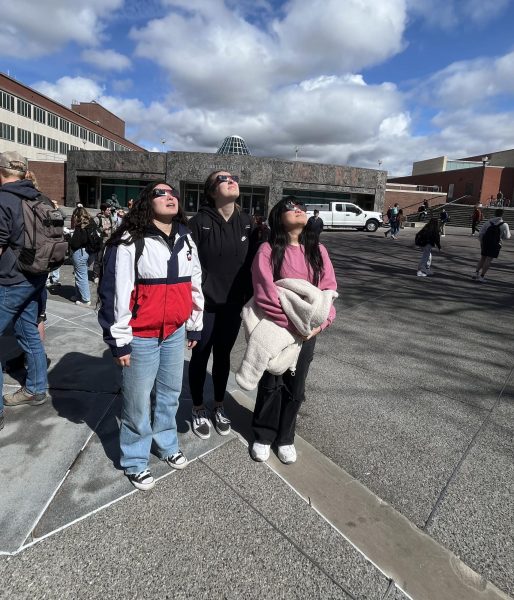Chapter to fundraise for clean water
Engineers Without Borders must acquire between $15,000, $20,000 for solar pump
BENJAMIN MICHAELIS | THE DAILY EVERGREEN
Karl Olsen, clinical associate professor of civil and environmental engineering, discusses the Engineers Without Borders team’s contribution to multiple projects in Panama on Tuesday in Sloan Hall.
January 30, 2019
Engineers Without Borders at WSU will hold a fundraising event Feb. 15 to raise money for their plan to provide clean water to a community in Panama.
The group plans to set up and implement a solar pump project to provide clean water at the Zapote community in the Ngabe-Bugle Comarca region in Panama, said Karl Olsen, WSU clinical associate professor.
The fundraiser will include a silent auction, potentially a live auction and other opportunities for people to donate, Olsen said. The event will also feature two guest speakers to give people context about what the group is doing.
The designs for the solar pump project will be on display as well, Olsen said, so people in attendance can see what their money is going toward.
Olsen said the group needs to raise between $15,000 and $20,000 to bring clean water to 20 different homes. The pump would serve around 150 to 200 people.
“I’m really hopeful about the fundraising dinner,” he said. “The hope is that we come out of there with enough money to implement the whole thing.”
Olsen said the group visited the community in Panama last summer.
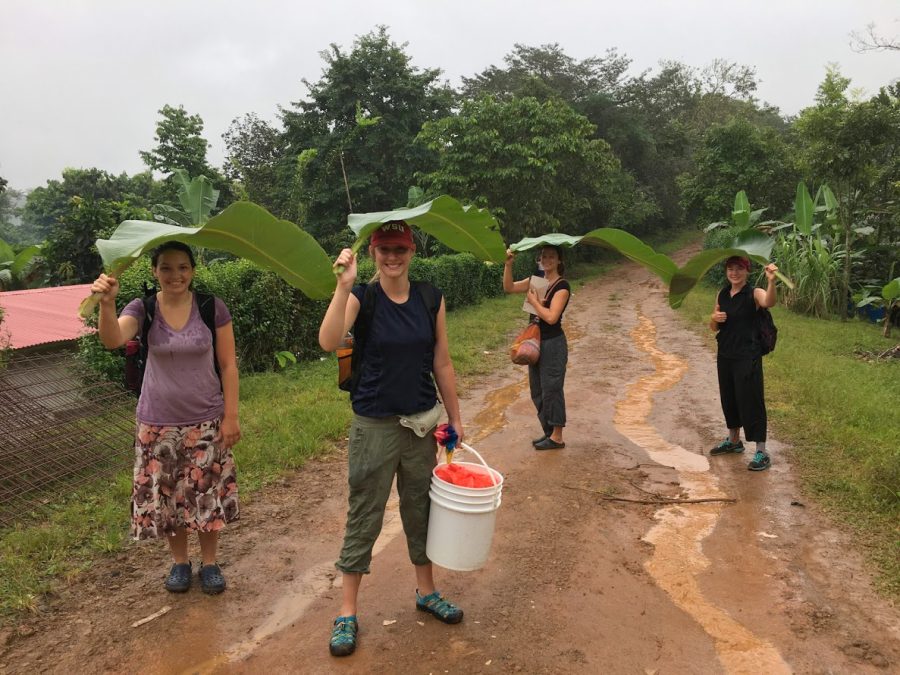
Engineers Without Borders visited the Zapote community in the Ngabe-Bugle Comarca region in Panama last summer. Olsen says the community wanted the group’s help for developing clean water.
“We basically mapped out about 100 different homes over there, mapped out the current water situation,” Olsen said. “Only about 24 of those homes are getting water right now, and the rest of them collect it from streams and rivers in the region.”
He said clean water projects in the developing world fail over 50 percent of the time due to the inability to include the community in the project. He said he believes their project will not experience that result.
“Specifically with the solar pumping plan, this community was basically chomping at the bit to get us to help them in terms of … designing the system,” Olsen said. “We were able to help mold their vision into something that is reliable and will last a long time.”
He said this project is very important to the group because it is their first project since they had to drop the chapter due to financial problems in 2012.
“Any time you are launching out into a new project again, you want to do one thing and do it well,” Olsen said. “We purposefully have not split into a lot of subgroups doing a lot of things.”
He said the chapter has two goals, which is to give students a valuable experience beyond the classroom and to help a community in a practical way.
Olsen said one of the most important things the group provides to students is exposure to a different perspective on life.
“Everybody is worried about swiping right in our culture and they [in Panama] are worried about having clean water,” he said. “If you grow up inundated by swiping right and all the social media … you just miss out on seeing what is actually happening in the real world.”


